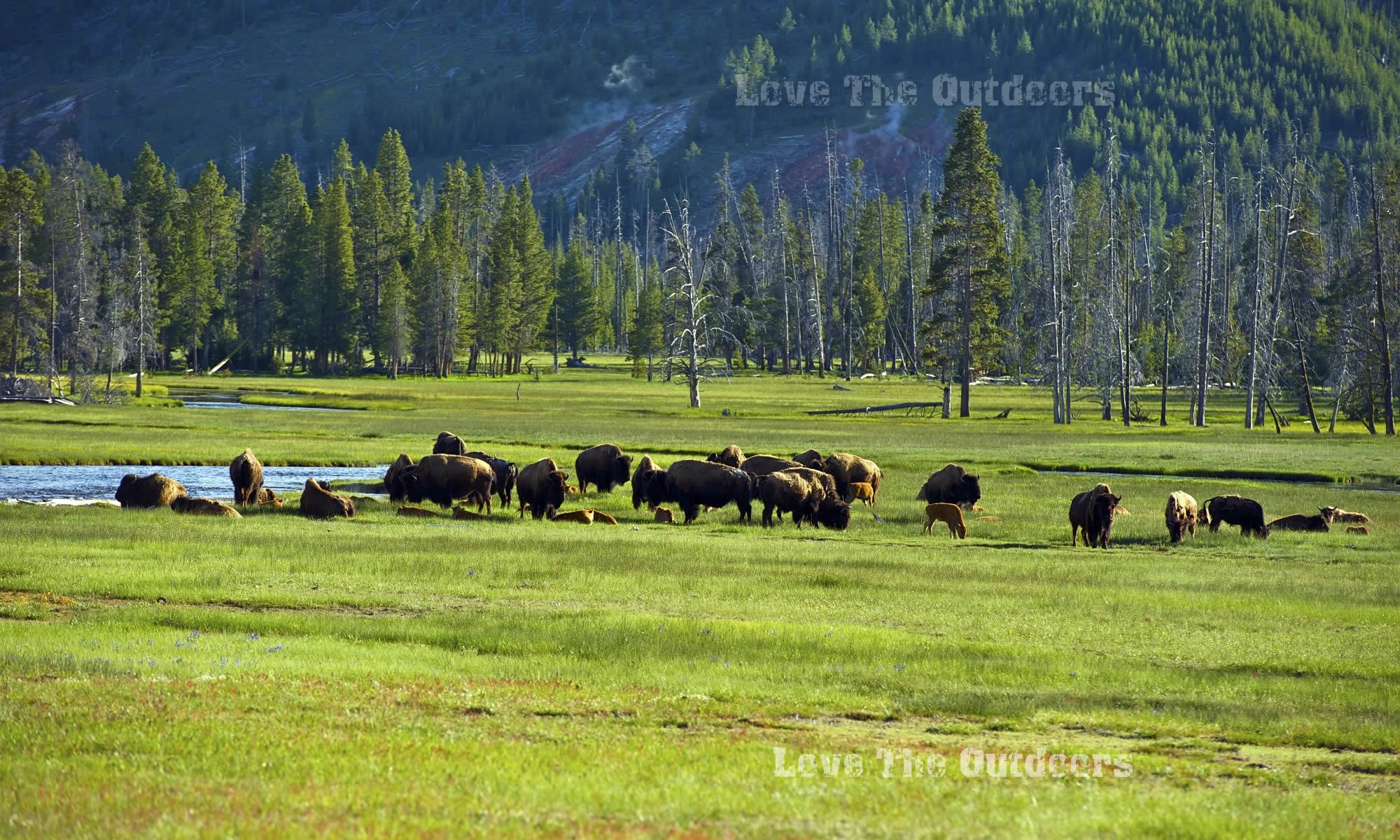 Hiking with your dog can be a very enjoyable experience. Not only are they an energetic companion but they seem to notice many things about the surroundings that you might otherwise overlook. This increases your awareness and also your appreciation of nature.
Hiking with your dog can be a very enjoyable experience. Not only are they an energetic companion but they seem to notice many things about the surroundings that you might otherwise overlook. This increases your awareness and also your appreciation of nature.
You must plan for and prepare your dog for your hiking experiences.
- Obtain a proper dog license and attach an ID tag to your dogs collar.
- Make sure your dog has updated vaccinations, nails trimmed and is in good health. Get a Rabies tag and attach it to their collar.
- It is important that your dog be properly trained. Not only for obedience but for fitness and endurance. Start out with small hikes and increase the distance as both you and your dog are conditioned.
- Like us, proper nutrition is important for keeping up a dogs energy level when being active. To avoid sickness, do not feed your dog right before you exercise or hike. Feed them afterward when they are rested.
- Verify that dogs are permitted on the trails you wish to hike. Many national and state parks do not allow dogs.
- Always keep your dog on a leash. It is your responsibility to keep your dog under control at all times. Do not allow them to chase wildlife, other dogs, or other hikers. Closely supervise your dog around children, other hikers and other dogs.
- Bring plenty of water and a bowl for your dog. This helps maintain their energy level and also keeps them from becoming dehydrated. Dogs can get overheated quickly especially if they have a dark or heavy coat.
- Avoid hiking and other activities in the heat of the day. Hike in the early morning or evening to avoid overheating.
- Bring a little food/treats if staying out for an extended period of time.
- Take along a first aid kit. Most injuries to dogs occur on the pads of their feet. Hiking can cause cut and scraps from rocks, sticks, thorns, ice etc. To avoid burning their feet, do not walk your dog on hot surfaces.
- For your sake, keep your dog out of poison ivy etc.
- Bring a towel to clean up your dog if necessary.
- Clean up after your dog. Ziplock bags are ideal for clean up and disposal.
- Dogs can also give you an early warning for approaching hikers, animals or other dangers. Pay attention and be alert.
- Be aware that your dog may have increased exposure to ticks and fleas. Other diseases can also be obtained from wild animals and insects. Consider a Lyme disease vaccine.

